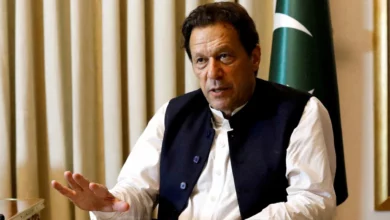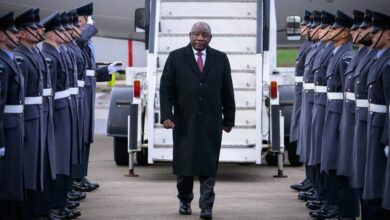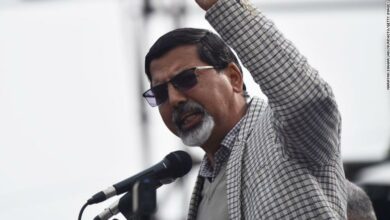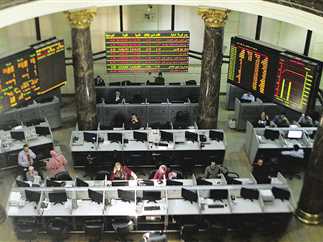Egypt's benchmark stock index rallied moderately on Wednesday, gaining as investors hoped that the detention of former President Hosni Mubarak and his two sons may allay growing frustrations with the pace of reforms and accountability in the country.
The Egyptian Exchange's EGX30 index was up slightly over 1.1 percent by 12:30 p.m. Cairo time on Wednesday, recouping some of the 1.4 percent decline recorded in the previous day's session.
"People are anticipating that there will be less protests and more stability," said Mostafa Abdel-Aziz, a senior broker with Mideast investment bank Beltone Financial's trading arm. "The hope is that this news will satisfy more of the protesters."
Mubarak's detention for 15 days, pending inquiries into accusations of corruption, abuse of authority and the killings of protesters during the uprising that ousted him from power was announced early Wednesday by the country's prosecutor general.
Another announcement said that his two sons, Alaa and Gamal, were also detained pending investigations and were transferred Wednesday to Cairo's notorious Torah prison. Gamal was a key figure in the National Democratic Party that governed under Mubarak.
"The reaction was positive," said Abdel-Aziz, referring to the market's view of the news. He said that turnover was "relatively higher" than last week.
Many have grown increasingly frustrated by the pace of investigations into former regime officials and their associates, claiming that the country's new military rulers were shying away from pursuing their former boss and were instead trying to offer up former government ministers as sacrificial lambs and placebos before an irate nation of 80 million.
The protests, coupled with the general sense of unease in the country, a security vacuum amid the absence of the police on the streets and continued unrest political and labor unrest have hammered the economy.
The detention of Mubarak, who had been placed under house arrest in the Red Sea resort of Sharm el-Sheikh, appeared to offer one of the first concrete signals that the ousted president may be held accountable for at least some of the abuses attributed by Egyptians to him and his family. Mubarak was being held in hospital after suffering heart problems on Tuesday.
The 82-year-old leader and his sons are widely believed by the majority of Egyptians as having abused their positions, allowing NDP supporters and key business leaders to build up massive wealth through sweetheart deals to which they were afforded cuts.
The Egyptian Exchange, which was shuttered for roughly two months since the mass unrest that eventually toppled Mubarak began on Jan. 25, has fared better than many expected since its relaunch late last month. Its year-to-date losses, however, remain at around 26 percent.
More broadly, however, the Egyptian economy has taken a beating, with the popular protests mushrooming into broad labor unrest that had largely paralyzed the manufacturing sector.
Exports were hit hard, while other key sources of foreign revenue such as tourism and foreign investments, are projected to fall far short of expectations. The country's investment chief said last week that projected FDI for the fiscal year was about $4 billion, down slightly more than 40 percent from earlier forecasts.
Officials have cut their projections for the country's economic growth to between 2.5 percent to 3 percent for the current fiscal year ending June 30. Meanwhile, the International Monetary Fund, in a report released earlier this week, projected that Egypt's GDP could grow by about 1 percent in calendar year 2011.




